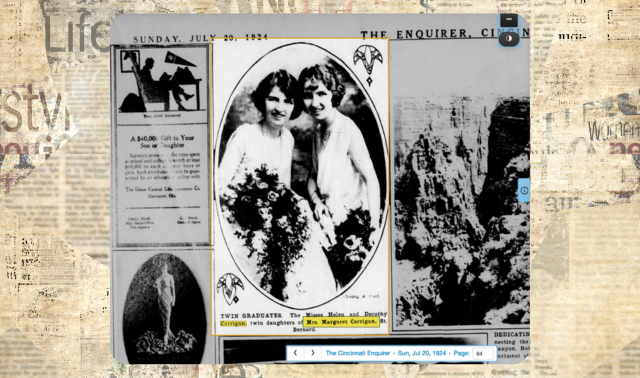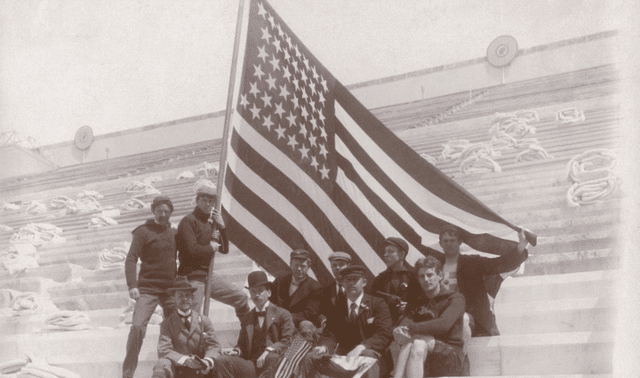I Abigail Bailey … do now undertake to record some of the dealings of the allwise God with me, in events, which I am sure I ought solemnly to remember, as long as I live.
April 15, 1767. I was married to Asa Bailey, just after having entered the 22nd year of my age. … It had been my hope to find a companion of a meek, peaceable temper; a lover of truth; discreet and pleasant. … But I met with a sore disappointment,—I soon found that my new friend was naturally of a hard, uneven, rash temper.
In September, 1770, we hired a young woman to live with us. She had been a stranger to me, I found her rude, and full of vanity. Her ways were to me disagreeable. But to my grief I saw they were pleasing to Mr. B. Their whole attention seemed to be toward each other. … I learned to my full satisfaction, that there was very improper conduct between them.
These opening paragraphs of Abigail Abbot Bailey’s 200-page memoir reveal only the tip of the iceberg in her unfortunate marriage. Her entries are filled with her husband’s infidelity and his physical abuse of her and their children.
Bailey’s memoir is a rare look inside a troubled Puritan family—one has to wonder how common her story was in a day when women had little recourse. She took solace in her faith, frequently recording Biblical quotations, prayers and meditations. Divorce was rare in northern New Hampshire, although the law would have allowed Bailey that option if she could collect enough evidence. She wrote that her husband had an incestuous relationship with their daughter Phebe, but Phebe was overwhelmed with shame and was unable to testify.
Bailey’s diary was first published in 1815 after her death, and more recently as an annotated text in Religion and Domestic Violence in Early New England edited by Ann Taves (Indiana University Press). This disturbing account is a reminder that troubled families have existed in every day and age.
From the August 2010 Family Tree Magazine




